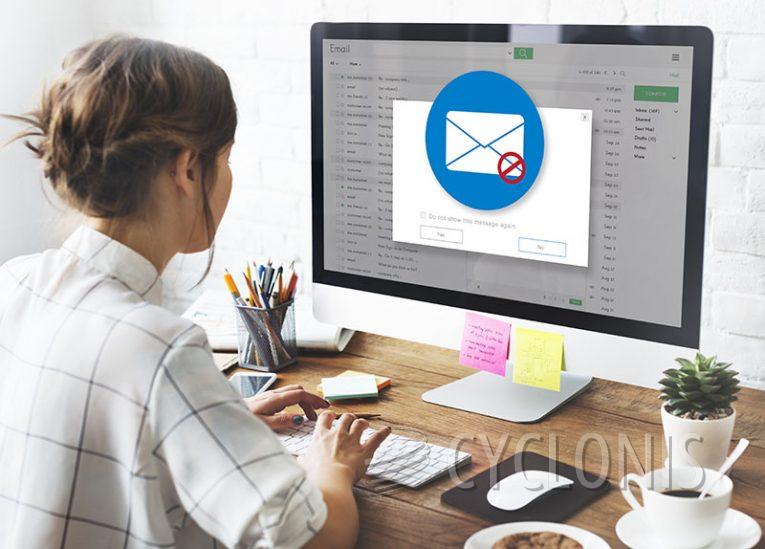Authentication Request Email Scam

Upon reviewing the "Authentication Request" email, it became clear that it is malicious and spam in nature. The email warns recipients that failure to complete an authentication process may lead to their email account being logged out. The intention behind this email is to deceive users into divulging their login credentials on a phishing site.
The spam email, bearing the subject "E-mail Security Updateᵀᴹ" (subject may vary), claims that the recipient's service provider is conducting security checks to safeguard their email account. It states that authentication must be completed before a specified date, failure to comply will result in a new password being generated, leading to account log-out. The recipient is urged to click on "Authenticate Now" to retain access using the same credentials.
As stated earlier, all information presented in the "Authentication Request" email is fabricated and not associated with any legitimate service providers.
Upon visiting the phishing site endorsed by this spam campaign, it was discovered that it mimics the recipient's email account sign-in page. Login credentials entered on this site are captured and sent to scammers. However, cybercriminals can potentially hijack not only the email account but also other accounts and platforms registered through it.
Expanding on the potential misuse, scammers can impersonate account owners (e.g., emails, social networking, social media, etc.) to solicit loans or donations from contacts/friends/followers, promote scams, and distribute malware through sharing malicious links/files.
Moreover, compromising/confidential content found on data storage or similar platforms can be exploited for blackmail or other illicit purposes. Additionally, stolen finance-related accounts (e.g., online banking, e-commerce, digital wallets, etc.) can be utilized for fraudulent transactions and online purchases.
How Can You Recognize a Scam Email?
Recognizing a scam email requires careful scrutiny of various elements. Here are several key indicators to help you identify a scam email:
Sender's Email Address: Check the sender's email address carefully. Scammers often use email addresses that appear slightly altered or impersonate legitimate organizations. Look for misspellings, unusual domains, or random combinations of letters and numbers.
Urgent or Threatening Language: Scam emails often use urgent or threatening language to prompt immediate action. They may claim that your account is at risk, demand urgent payment, or threaten legal action if you fail to comply. Legitimate organizations typically communicate important matters professionally and without unnecessary urgency or threats.
Spelling and Grammar Errors: Pay attention to spelling and grammar mistakes in the email. Scammers often make errors that a legitimate organization would not. Poorly written emails can be a red flag indicating a scam.
Unsolicited Attachments or Links: Do not click on unsolicited attachments or links in emails, especially if they come from unknown or suspicious sources. These attachments or links could lead to malware infections, phishing websites, or other security threats.
Unusual Requests or Offers: Be wary of emails that make unusual requests or offers that seem too good to be true. Scammers may promise large sums of money, lottery winnings, or exclusive deals to lure recipients into providing personal information or making payments.
Unexpected Attachments or Account Alerts: Be cautious of unexpected attachments or account alerts in emails, especially if they claim to be from financial institutions, government agencies, or online services. These could be phishing attempts or malware-infected attachments.
Trust Your Instincts: If something feels off or too good to be true, trust your instincts and proceed with caution. If you're unsure about the legitimacy of an email, contact the supposed sender directly using verified contact information to verify its authenticity.
By being vigilant and attentive to these warning signs, you can better protect yourself from falling victim to scam emails.








